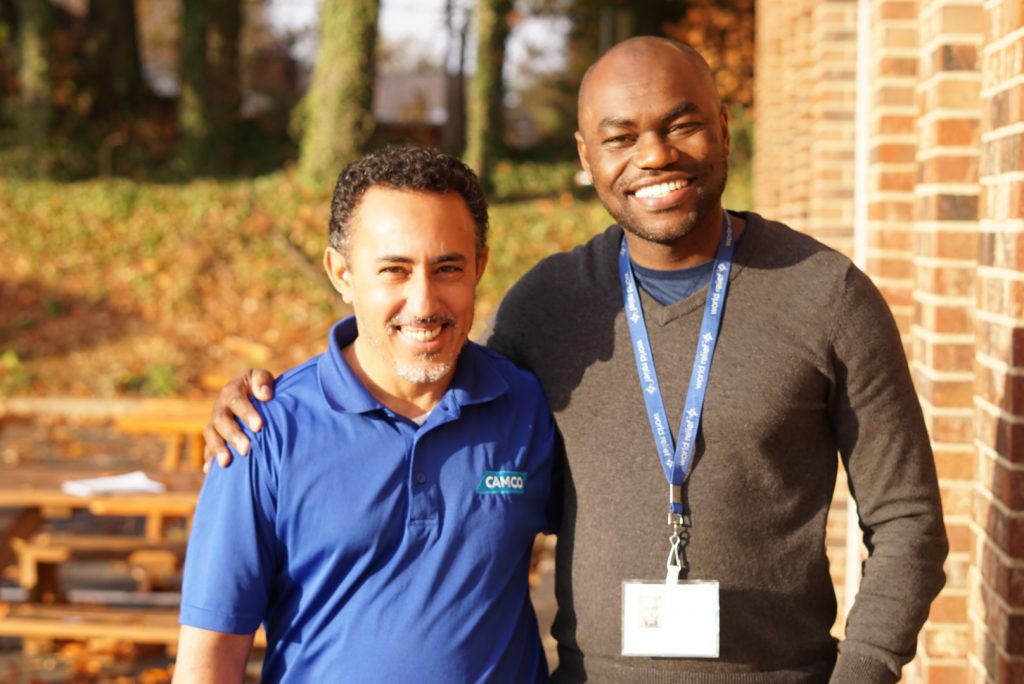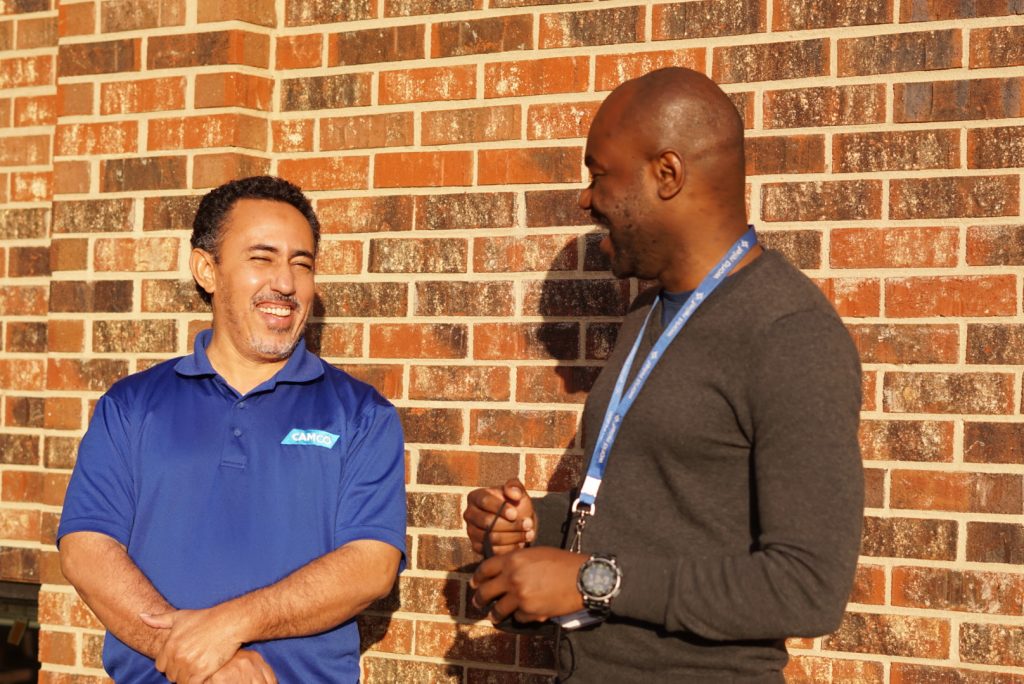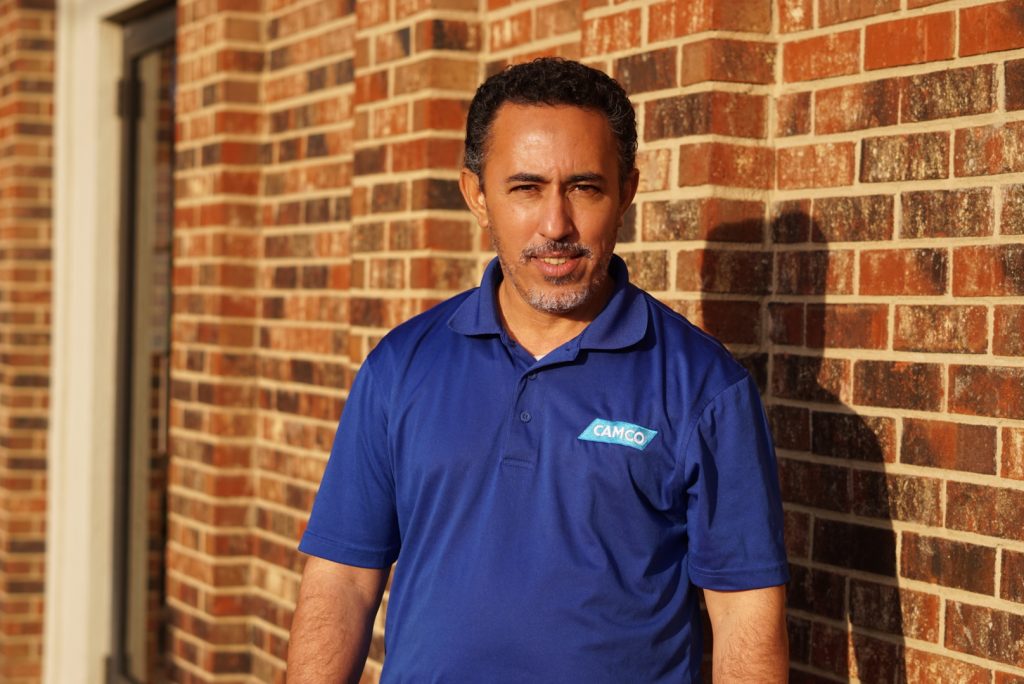As a client of World Relief and recipient of locally raised funds, Agali realizes the impact that the community had in shaping his story.
The Hopeful Journey
Following his arrival to the United States on September 27th, Agali didn’t know when he would work again. Settling in the United States consumed the next month of his and his family’s lives. After working in security for the U.S. embassy in Niger, he was hopeful. Two of his colleagues, both based in the U.S., helped him apply for a Special Immigrant Visa (SIV) so that he and his family could receive protection.
Additionally, the hope would be for him to have access to some benefits like other refugees. While most refugees receive assistance in housing, employment, education, and healthcare, not all have aid in these areas. This is the category that Agali would fall into once he immigrated to the States. But what if the financial assistance required for these benefits came from somewhere else? What if this funding was already met before Agali even arrived?
“For a while now, we have been unable to assist populations who are here on SIV or have received an extension (past the typical five years that they’re able to receive services) due to COVID,” says Raphael Ramazani, Employment Specialist. While the Office of Refugee Resettlement (ORR) gives most resettlement agencies and nonprofits that provide Refugee Support Services funding for employment, certain kinds of refugees and immigrants are not always eligible (as is the case with Agali).
It’s for situations like these that locally raised funds “act like an extra set of hands,” as Raphael states. “They enable us to extend and reach out to these parts of the population (SIV clients, COVID-extension eligible refugees) that we couldn’t serve before.”


Opportunities That Change Everything
The kindness that Agali says he has been shown stands in contrast to what he experienced in where he came from, Niger.
“Whenever I come to the office at World Relief, everyone is very friendly,” says Agali. “They are genuinely concerned and want to know how I’m doing. It’s incredible to see that in such a busy country, at such a busy time—to have people call me and check in on how I’m doing. I wish there were another word for thank you.”
Reflecting on why he applied for an SIV and decided to leave Niger, Agali mentions the country’s state. While the country is on the brink of civil war, and it might erupt at any time, he says he was diligent in deciding to leave due to his family being a part of a targeted community.
“In my community, we are the minority. My tribe is having a tough time in comparison to other tribes,” he says.
Now, Raphael works directly with Agali as his case manager to help him find a job as soon as possible. Once he can find a job, he will be providing the kind of life he has been wanting to give his five children and wife since arriving. Then the next step is finding a job for his eldest son, who has completed school and has specialized training. Beyond that, Agali says he is ready to work as soon as possible to begin giving back.

“It is because of World Relief that I’ve been able to start to understand life,” Agali says. “I do not have words for how incredible and kind the World Relief team has been to me. The only way I know how to show my gratitude is through giving back. I don’t know how yet, but one day, that’s what I hope to do.”
Agali uses the gratitude in his heart toward World Relief to motivate him to get a job as soon as possible so he can give back sooner. He already has in many ways. Will you be like Agali and give back while you still can?
Join us in preparing to resettle the hundreds of refugees that will be making their way to our community soon. With your gift, you will be able to see how generosity directly affects the livelihood of others.
Don’t wait for their arrival; prepare to welcome them with a gift today.

